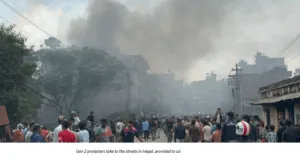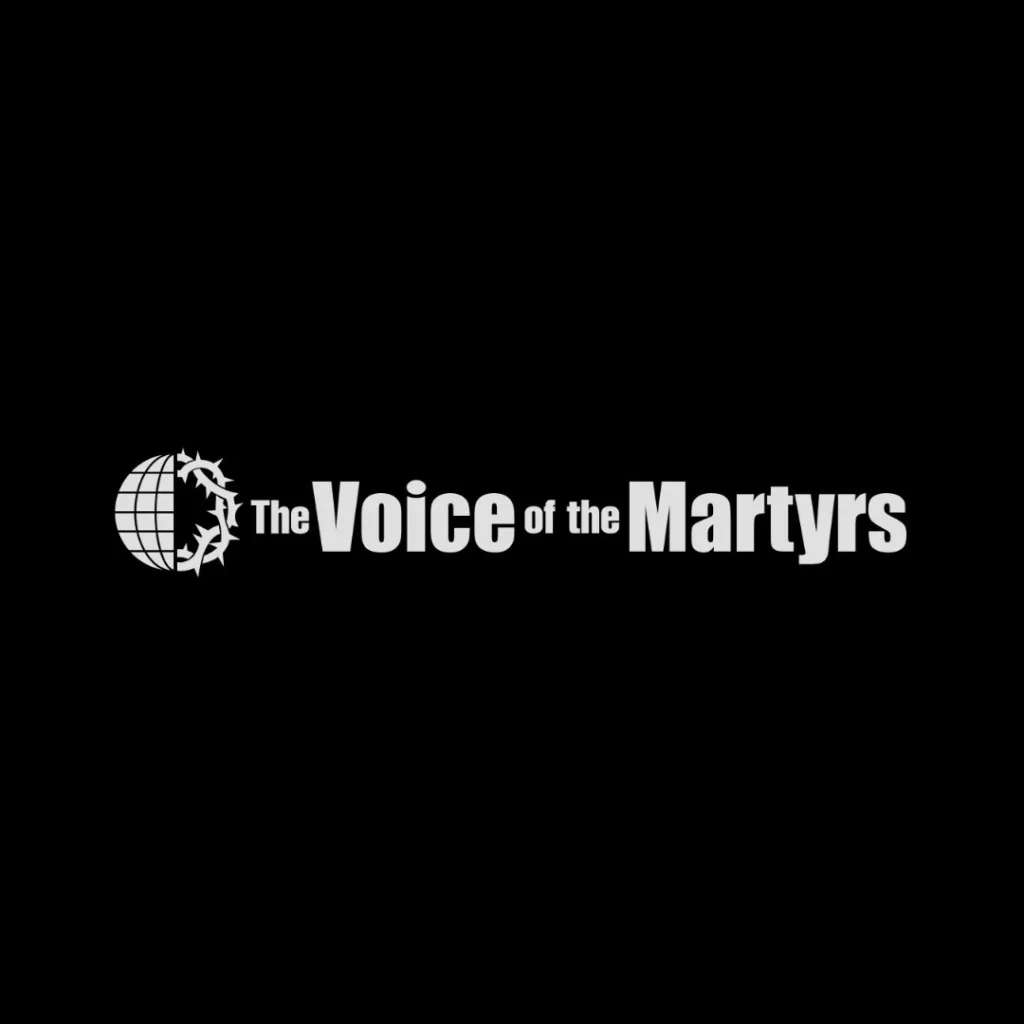For Immediate Release (Westlake Village, CA) — The collapse of Nepal’s government following mass protests has created a security vacuum and left the country’s Christian minority deeply anxious about their safety and future. According to Christian Solidarity International’s (CSI) partner in the region, the uncertainty has already led to threats against churches and raised fears of violence by extremist groups taking advantage of the lawlessness.
On September 8, protests led by Gen Z citizens swept through the country after the government imposed a ban on major social media platforms. The demonstrations escalated quickly after security forces fired live ammunition, killing at least 19 young people and injuring hundreds. On September 9, protesters stormed political party offices, police stations and ministers’ homes.
By the next morning, much of the capital’s political infrastructure had been attacked, including the prime minister’s residence. According to reports, other groups with their own vested interests joined the protest and are believed to have carried out much of the vandalism and the physical attacks on ministers. Curfews were declared, defied and then reimposed. Some ministerial residences were attacked, including the house of Prime Minister KP Sharma Oli who resigned, fled, and remains in hiding. The army was deployed after police reportedly lost control of the situation.
Nepal’s Gen Z protesters took to the streets not simply over the government’s temporary shutdown of social media platforms, but because the move brought their long-standing frustration with the country’s ruling elite to the surface. For years, young citizens have watched older political parties fail to address unemployment, inflation and corruption.
The social media ban was widely perceived as an attempt to silence new voices who bypassed party politics and used social media to engage directly with the public and delivered tangible improvements in civic life.
In this volatile environment, Christian leaders in Nepal have expressed growing fears that the community, already under pressure from Hindu nationalist groups in recent years, may be targeted.
One local church partner said that Christians across the country are worried about the destruction and potential violence. Churches in western Nepal have already been threatened by groups of young men, CSI has learned. In one case, the police refused to intervene, asking the pastor to instead contact the army, which was unreachable. Fearing an attack, the congregation moved their equipment to safety and began round-the-clock prayer inside the church.
Law enforcement mechanisms are in disarray with more than 13,000 prisoners reportedly escaped from jail during the unrest. Police have said they are unable to respond to threats, and there is no clear civilian leadership currently directing emergency response.
While Nepal’s constitution guarantees secularism, India-backed Hindu nationalist groups have been expanding their presence in Nepal, promoting reconversion campaigns that target Christians. These groups organize rituals aimed at “bringing back” Christians to Hinduism. Nepal’s “anti-conversion” law has been used selectively, with cases filed against Christians for evangelizing while reconversion to Hinduism is allowed without scrutiny. Foreign Christian visitors have also been deported.
The CSI partner in Nepal noted that while the current protests are directed at the political class and not religious groups, the lack of clarity around who is instigating the violence leaves open the possibility of targeted actions against minorities. The fear among Christians is twofold. First, that they may become targets of violence in the short term, and second, that a longer political realignment could erode their constitutional rights. If the monarchy movement regains political momentum, it could reverse years of hard-won secular reforms.
CSI’s efforts in Nepal have been on-going for several years and include: legal support for those persecuted for their faith; shelter, medicines, and first aid for victims of persecution; and small business creation for the financial empowerment of minorities.











![Church Friends – Heaven Ain’t Quiet [Official Lyric Video]](https://cmaddict.com/wp-content/uploads/2026/01/Church-Friends.webp)










Leave a Reply